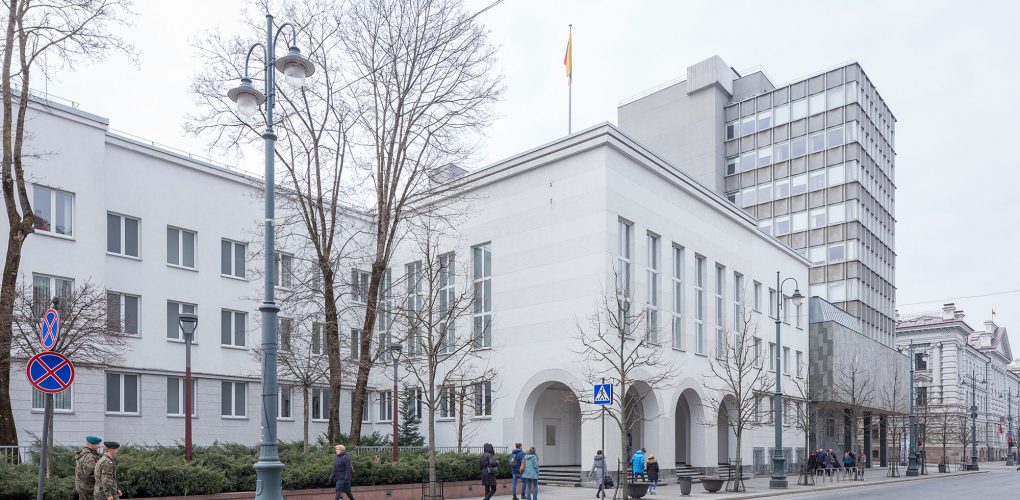- 2019/01/11
Courts still close loopholes caused by legislature

In 2014, the Constitutional Court noted that in some cases non-Lithuanian names and surnames can be registered not only by means of Lithuanian language characters but also by using characters of the Latin alphabet. Nevertheless, the current legislation states that in the official documents of citizens of Lithuania names and surnames are to be spelled by means of Lithuanian language characters with no exceptions. Although there is a set of alternative draft laws that would open the way to the original record of names and surnames of mixed families, the consideration of these drafts is still postponed to subsequent sessions by the parliament.
Such postponements forced individuals to take the initiative on their own. Since 2015, with the help of Lithuanian courts and the European Foundation of Human Rights (EFHR) interested persons make use of their right to name, surname and private life in accordance with international obligations and national regulations. The Court, on one of the firsts cases related to original spelling of names and surnames, has pointed out that inviolability of private and family life has to be a priority towards state’s demand for the protection of cultural identity, regardless of the existing conditions after Lithuanian’s accession to the European Union, freedom of movement of citizens. What is more, this should be done irrespective of the fact, that European Union has open borders for its members and restricting the right of a person to choose a first or last name (in accordance with public policy) or a different spelling of the surname of members of the same family limits the rights of such persons and contradicts their interests.
Almost four years after the first decision of the Court, while adoption of the law was being postponed by parliament, Courts was closing the loopholes itself. In the latest Court’s judgment dated 10th of January this year, The Vilnius Registrar’s Office was obliged to enter the marriage to the Population Register. The Applicant got married to the citizen of Austria and took his surname in its original form – Frauwallner. According to the Court, the rejection of the addition to civil status records of the Applicant’s surname with ”w” is disproportional to the inconveniences that she would experience if she had not received the marriage certificate. The rejection would also violate the right to personal and family integrity, as well as the right to choose the surname.
As also noted by the Court, the legislature is free to determine that in the “other entries” section of the same passport the surname of the person may be spelled in a non-Lithuanian form, if the person requests it. In this case, the legislature should determine the basis for entering the first or last name of a person in a language other than Lithuanian in other entries in the passport of the Republic of Lithuania, based on which the name may be written in a non-Lithuanian form. Therefore, there is a way in which the person’s first or last name can be entered on another page of the passport (in the “other entries” section), but it is not possible to enter the first or last name on the first page of such document in a non-Lithuanian form.
Currently, neither the State Commission of the Lithuanian Language (VLKK) nor the Vilnius Registrar’s Office refuses original spelling of names and surnames of mixed families. According to VLKK, exceptions and prohibitions of original spelling of names and surnames should not be connected to the public order, allegedly defending the established language culture in the state. However, due to the existing loophole, such situations are still resolved in the Court. The lack of change of the current legislation the country is a potential threat to citizens who may face administrative and other types of inconveniences, for example, constantly explaining why children and their parents have different names.



